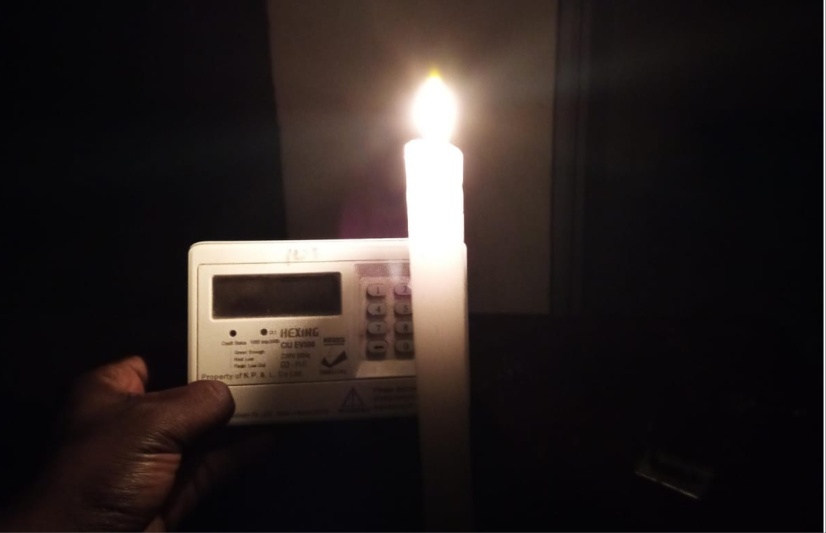It is there naturally in your morning coffee and cup of tea or added to your favourite energy drink and many popular soft drinks.
For many of us, a slug of caffeine can give our bodies and brains a much-needed boost if we are feeling a little sluggish.
There’s a huge body of evidence around caffeine’s effects on our health particularly coffee, since this is one of the biggest contributors of caffeine in the diets of most populations.
An umbrella review analysing more than 200 meta-analyses in 2017 found that drinking three to four cups of coffee a day was more often linked to h*************s rather than harm and that studies finding harmful associations could be explained by the higher proportion of coffee drinkers who also smoke.
However, one area where things may get a bit nuanced is heart health. One population study of almost 19,000 p****e found that, while drinking more than two cups of coffee a day was linked to a higher risk of d***h from heart disease among p****e who already had high b***d pressure, this wasn’t the case among those with healthy b***d pressure.
And in a review of evidence, scientists say that, while moderate coffee consumption can lower the risk of d***h, high b***d pressure and heart failure, there was no clear effect found on coronary heart disease risk.
Studies show that coffee can also affect how well we exercise. One study of amateur cyclists found it can improve physical performance by up to 1.7%. Caffeine has also been associated with a decreased risk of several forms of c****r, heart disease and type 2 diabetes.
Coffee – but not tea – has consistently been found to protect against d********n, and there’s also evidence that adenosine’s antagonists, including caffeine, that block adenosine receptors, are beneficial for the ageing brain, says Jacobson.
“Caffeine itself, and other more potent, synthetic caffeine-like molecules, have been studied clinically and shown to be beneficial in humans with neurodegenerative diseases, including Alzheimer’s dementia,” he says.
In fact, research has associated caffeine consumption with up to a 60% reduced risk of developing Alzheimer’s.

One explanation for this is that caffeine improves b***d flow to the brain, says Bailey. The brain burns a huge amount of fuel, he says – despite only weighing around 2% of our body weight, it accounts for more than a quarter of our body’s entire energy requirements.
“But while caffeine’s ability to increase b***d flow to the brain is a good thing, this can also trigger headaches, so caffeine is a risk factor for migraine suffers,” he says.
Coffee has also been associated with healthy compositions of gut microbes, partly thanks to the bioactive polyphenol and alkaloid compounds of which caffeine is one it contains. It is well established that the right composition of gut microbiota can have widespread effects on our health.
And it’s worth noting, some of the h*************s associated with coffee are not down to its caffeine content. Chlorogenic acid, a compound unique to coffee, for example, may be behind some of coffee’s beneficial health outcomes, particularly diabetes, Cornelis says.
“Population data strongly shows that coffee drinking reduces diabetes, but the effects are also found with decaf, so it’s probably not related to caffeine,” she says.
And many caffeinated drinks can have different effects due to other things they contain. This is true even for different types of coffee.
For example, roasted coffee contains bioactive compounds that have antioxidant and anti-inflammatory effects.
And while instant coffee contains more healthy polyphenols than filter coffee, it also contains more of the c********n acrylamide, says Ruari.
Tea has also been found to have similar anti-inflammatory effects, due to its flavanol content.
When is caffeine not advised?
National guidelines in the UK, and the US, advise limiting caffeine to 200mg per day when pregnant.
However, in an analysis of 37 studies, 32 of the studies found that caffeine significantly increased the risk of adverse pregnancy outcomes, which can include the mother developing gestational diabetes or preeclampsia, or restricted growth of the foetus. This is because caffeine easily crosses the placenta. Researchers have found that, for m*********e and s********h, there’s an increased risk for each increment of 100mg and low birth rate from 10mg per day.
Caffeine also passes through breastmilk to breastfeeding babies, says Jack James, professor at Reykjavík University in Iceland.
“Although the caffeine concentration in infant b***d is lower than that of the mother, it’s important to note that infants are unable to metabolise caffeine,” he says.
Exposing babies to caffeine this way can cause them to feel caffeine withdrawal symptoms, James says.
“It has been firmly established that caffeine interferes with sleep in adults and that regular consumers become physically dependent, evidenced by a wide range of disruptive withdrawal effects,” he says.
These symptoms, he adds, can occur as soon as six hours after abstaining from caffeine, especially among daily caffeine consumers, and symptoms can include headaches and irritability.
“While there has been little study of caffeine-induced withdrawal symptoms in infants, we may assume that any such effects parallelling those experienced by adults are likely to be disruptive,” he says.
And not only can caffeine effect how difficult it is to get to sleep, but it may also affect how much deep sleep you get, says Ruani.
There is also evidence showing that adenosine has anti-inflammatory effects against immune and inflammatory disorders.
“Those might be conditions where reducing caffeine intake would be appropriate, after consulting a medical professional,” Jacobson says.
Before you go…how about joining our vibrant Telegram and WhatsApp channels for hotter stories?
Telegram: https://t.me/k24tvdigital
WhatsApp: https://whatsapp.c*m/channel/0029VaKQnFUIXnljs50pC32O










